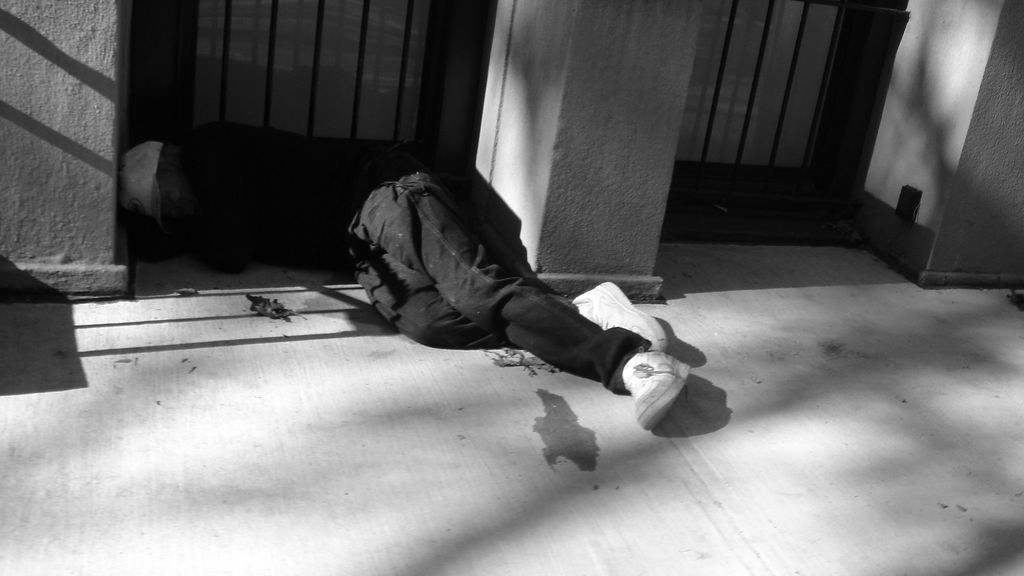New York’s homeless are still feeling the effects of the Bloomberg-era elimination of “permanent housing resources for homeless,” finds a new report by the Coalition for Homeless. A record-high number of people used the city’s homeless shelters during the last fiscal year, up 5% from the previous year, at 116,294 people. Homelessness has reached an all-time high in New York in the past decade, up 66% from January 2005 to January 2015.
The report praises Mayor de Blasio’s plan to move more than 5,000 families from shelters to permanent homes, saying that its effects could lead to the first reduction in homelessness in about 10 years. Gov. Cuomo, however, has “done little,” the report says, “to address rising New York City homelessness.”
The report outlines a five-year plan that could reduce the number of homeless families by 85% in the next 5 years.
The Coalition projects that, if the City’s plan to re-locate 5,200 homeless families per year from shelter to permanent housing is sustained, the number of families and children in shelters will decrease this year and, within five years (by the end of FY 2019), the number of homeless families in shelter will decline by 40 percent. Nonetheless, while this would be a welcome achievement, it would still leave an estimated 8,500 homeless families with 15,000 children sleeping each night in shelters five years from now.
However, if Governor Cuomo and Mayor de Blasio take the bold steps outlined here – re-locating 7,500 families form shelter to permanent housing annually plus enhanced rental assistance to prevent homelessness – New York City will instead see unprecedented reductions in homelessness. Indeed, according to the Coalition’s projection, within five years (by the end of FY 2019) the number of homeless families and children would drop by 85 percent to an estimated 2,100 families – a level of family homelessness not seen since the early 1980s, when modern homelessness first emerged in New York City.
Advocates from the Coalition will be rallying at Cuomo’s office on Friday, the Daily News reports, “to demand more supportive housing units, which provide permanent housing to homeless people with issues like mental illness, AIDS, and other conditions that make it hard for them to find housing.”
(Photo: Dan Dickinson)


